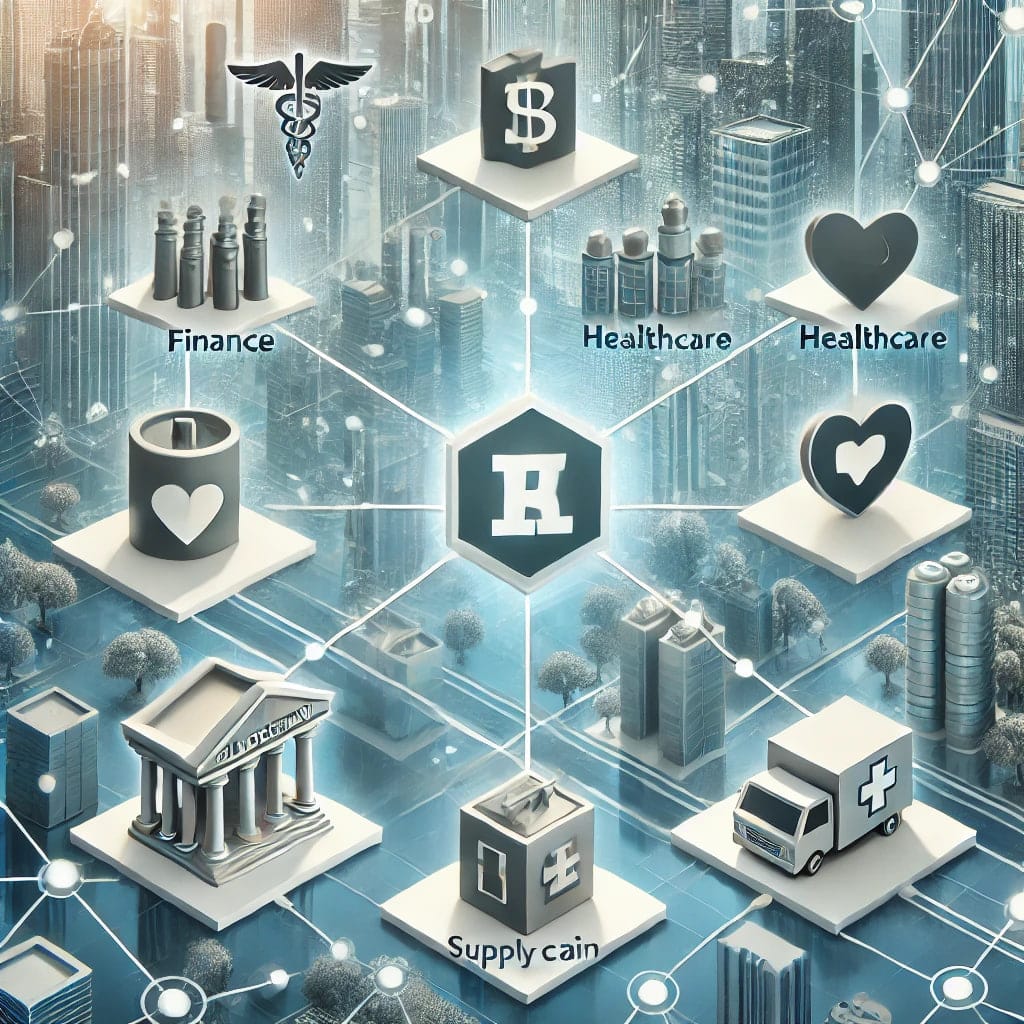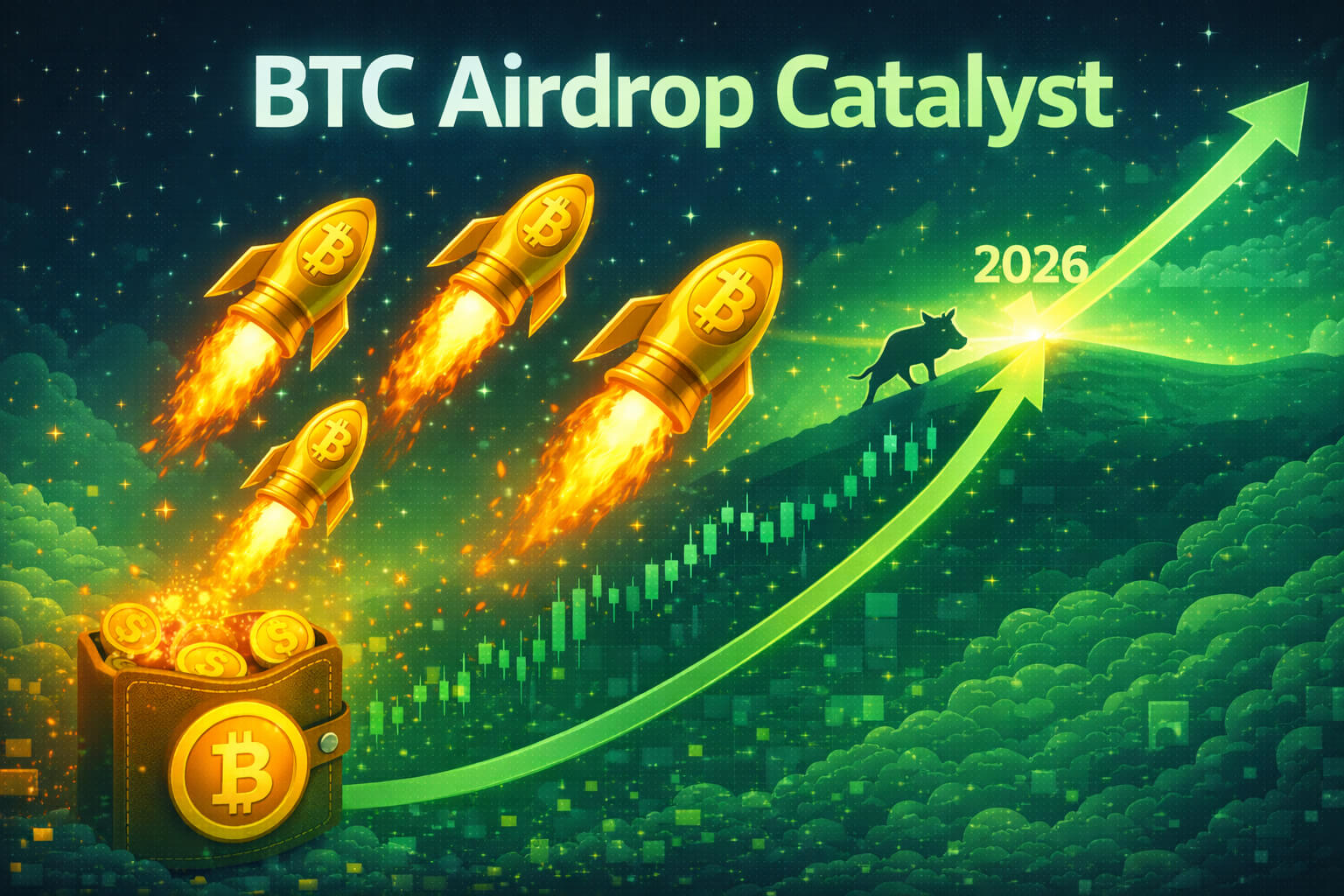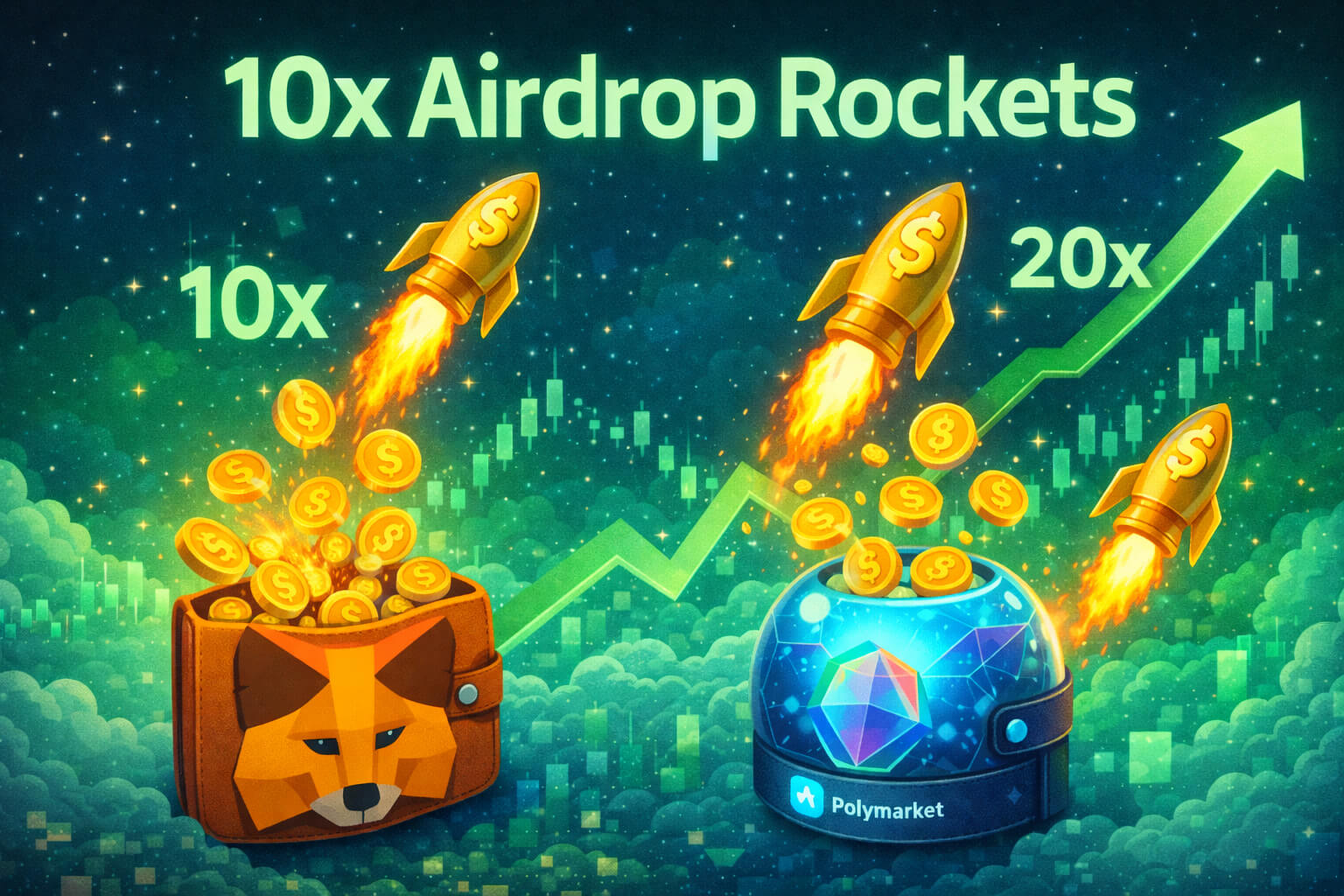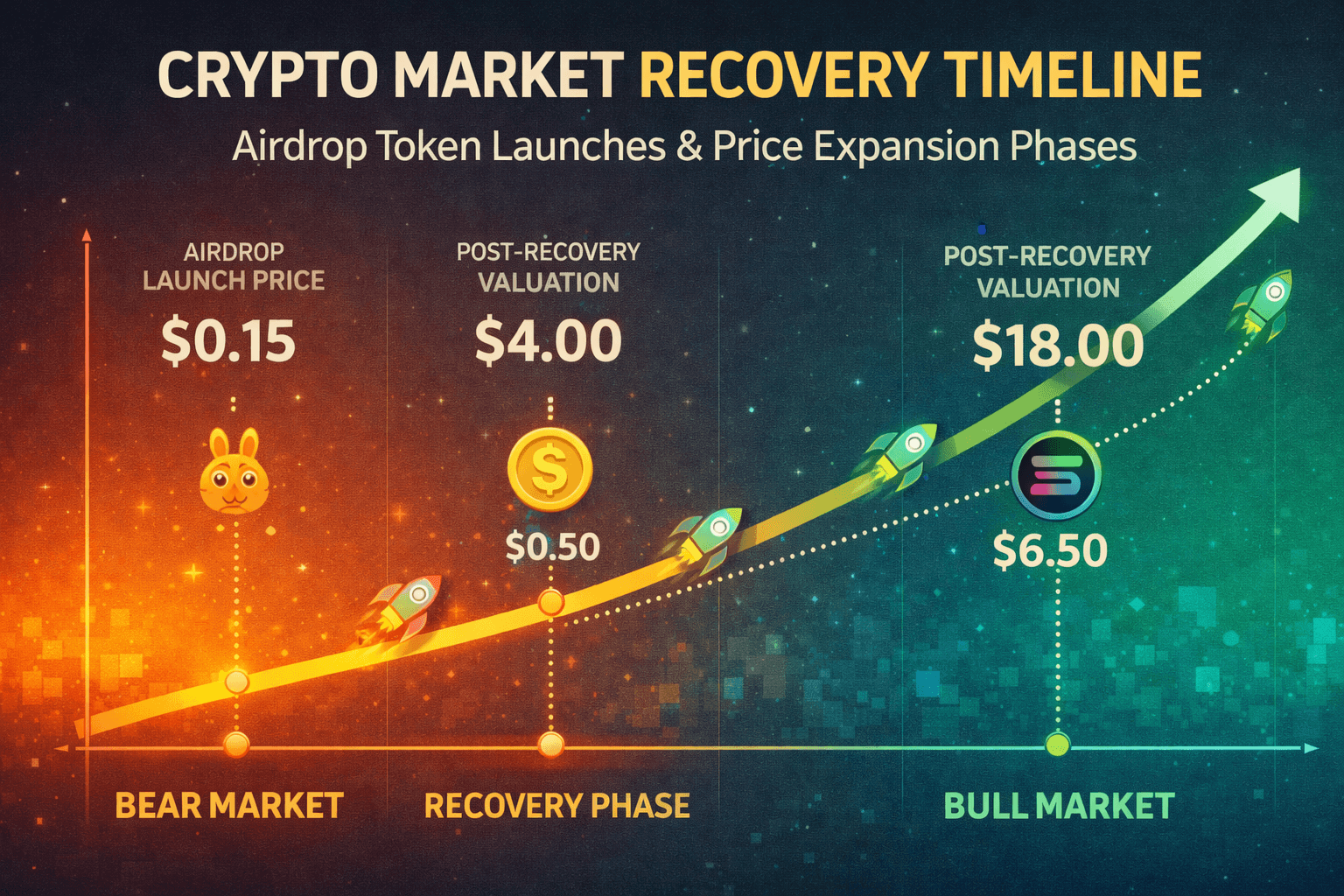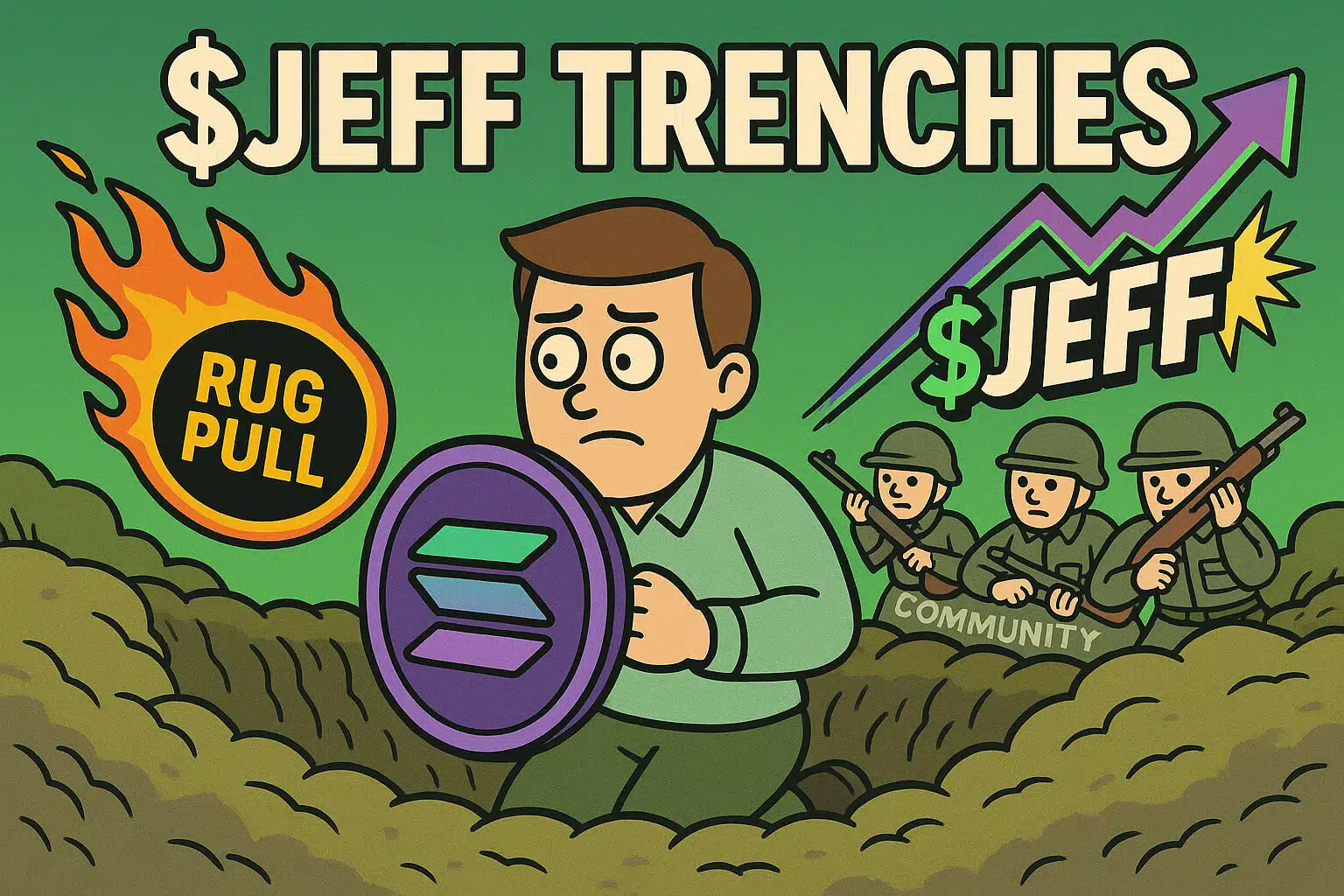Impact of Blockchain on Various Industries: Revolutionizing Business Models
Blockchain technology has quickly emerged as one of the most disruptive innovations in recent history. Initially associated with cryptocurrencies like Bitcoin, blockchain has since expanded far beyond the realm of digital currencies, impacting a wide array of industries. In this article, we’ll explore the profound impact of blockchain on various industries, highlighting how this technology is transforming traditional business models and driving innovation.
1. Finance: The Leading Industry in Blockchain Adoption
The financial sector has been at the forefront of blockchain adoption. Notably, blockchain technology offers enhanced security, transparency, and efficiency, making it an ideal solution for many financial services. Here’s how blockchain is impacting the finance industry:
- Decentralized Finance (DeFi): DeFi platforms leverage blockchain to provide financial services such as lending, borrowing, and trading without the need for traditional banks. Consequently, this decentralization reduces costs, increases accessibility, and empowers users to have more control over their financial activities. As a result, DeFi is rapidly gaining traction and is set to revolutionize the financial sector.
- Cross-Border Payments: Traditional cross-border payments are often slow, costly, and opaque. However, blockchain technology enables near-instant cross-border transactions with reduced fees, providing a more efficient and transparent alternative. This improvement is particularly beneficial for remittances, where high fees have long been a burden for those sending money internationally.
- Fraud Prevention and Security: Blockchain’s immutable ledger ensures that all transactions are recorded permanently, reducing the risk of fraud. Therefore, financial institutions are increasingly adopting blockchain to enhance security measures and protect against cyber threats.
2. Healthcare: Transforming Patient Data Management and Beyond
Blockchain’s impact on healthcare is profound, offering solutions to some of the industry’s most pressing challenges. Specifically, from improving patient data management to ensuring the integrity of supply chains for pharmaceuticals, blockchain technology is set to revolutionize healthcare. Here’s how:
- Secure Patient Records: Blockchain provides a secure, immutable record of patient data, ensuring that medical records are accurate, tamper-proof, and easily accessible to authorized healthcare providers. As a result, patients gain greater control over their health data, deciding who can access it and when. This level of security and control is crucial for maintaining patient privacy and reducing the risk of data breaches.
- Interoperability Between Systems: Healthcare providers often struggle with interoperability issues, where different systems cannot communicate effectively. In contrast, blockchain can bridge these gaps by providing a unified platform for data exchange. This interoperability ensures that patient information is available across different providers, improving care coordination and reducing errors.
- Drug Traceability: Blockchain can be used to track the production and distribution of pharmaceuticals. Consequently, this ensures that drugs are genuine and have not been tampered with during the supply chain process. By doing so, blockchain helps combat the global issue of counterfeit drugs, ensuring that patients receive safe and effective medications.
3. Supply Chains: Enhancing Transparency and Efficiency
Supply chain management is another area where blockchain technology is making a significant impact. Importantly, the ability to provide real-time visibility, enhance traceability, and reduce fraud makes blockchain an invaluable tool for managing complex supply chains. Here’s how blockchain is revolutionizing supply chains:
- Provenance and Traceability: Blockchain technology allows for the tracking of goods from the point of origin to the final destination. Therefore, this transparency ensures that products are authentic, ethically sourced, and have not been tampered with. For industries like food and pharmaceuticals, provenance tracking is crucial for ensuring product safety and compliance with regulations.
- Smart Contracts: Smart contracts are self-executing contracts with the terms of the agreement directly written into code. In supply chains, smart contracts can automate payments, trigger shipments, and enforce compliance with contractual terms. Thus, this automation reduces the need for intermediaries, streamlines processes, and lowers the risk of disputes.
- Inventory Management: Blockchain provides real-time visibility into inventory levels across the supply chain. Consequently, this capability allows companies to optimize inventory management, reduce waste, and respond quickly to changes in demand. For example, retailers can use blockchain to track stock levels and automatically reorder products when inventory is low.
4. Real Estate: Streamlining Property Transactions
The real estate industry, traditionally slow-moving and reliant on intermediaries, is ripe for disruption by blockchain. Blockchain technology offers the potential to streamline property transactions, reduce the need for intermediaries, and enhance transparency. Here’s how blockchain is impacting real estate:
- Tokenization of Real Estate: Blockchain enables the tokenization of real estate, allowing properties to be divided into digital shares. As a result, this fractional ownership model makes it easier for investors to buy and sell shares in a property, increasing liquidity in the real estate market. Moreover, tokenization allows for global access, enabling investors from anywhere in the world to participate in real estate markets.
- Smart Contracts for Property Sales: Smart contracts can automate and enforce the terms of property transactions. For example, a smart contract could automatically transfer ownership of a property when payment is made, eliminating the need for escrow services. Thus, this automation reduces the time and cost associated with property transactions.
- Transparency and Reduced Fraud: Blockchain’s transparency and immutability make it difficult to alter or falsify property records. Therefore, this reduces the risk of fraud, such as title disputes and fraudulent property sales. As a result, blockchain can increase trust in real estate transactions and improve the overall efficiency of the market.
5. Retail: Revolutionizing Customer Experience and Operations
The retail industry is increasingly adopting blockchain to enhance customer experience and streamline operations. From improving supply chain transparency to enabling new payment methods, blockchain is transforming the retail landscape. Here’s how blockchain is impacting the retail industry:
- Supply Chain Transparency: Consumers are becoming more conscious of the origins and journey of the products they purchase. Consequently, blockchain technology allows retailers to provide transparency about the supply chain, enabling customers to trace the journey of their products from origin to store shelf. This transparency enhances consumer trust and can be a key differentiator for brands.
- Loyalty Programs: Blockchain can streamline loyalty programs by enabling the creation of digital tokens that customers can earn and redeem across multiple retailers. As a result, this interoperability makes loyalty programs more attractive, as customers can use their rewards more flexibly. Moreover, blockchain ensures that loyalty points are securely stored and managed, reducing fraud and enhancing the customer experience.
- Cryptocurrency Payments: As cryptocurrencies gain mainstream acceptance, more retailers are beginning to accept digital currencies as payment. Therefore, blockchain facilitates these transactions, providing a secure and efficient way to process payments. This adoption of cryptocurrency payments can attract tech-savvy customers and offer new opportunities for cross-border sales.
6. Government and Public Sector: Enhancing Transparency and Efficiency
Blockchain technology holds significant potential for transforming government operations and public services. From improving transparency in governance to streamlining public service delivery, blockchain can help governments operate more efficiently and transparently. Here’s how blockchain is impacting the public sector:
- Voting Systems: Blockchain-based voting systems offer a secure and transparent way to conduct elections. By using blockchain, governments can ensure that votes are accurately recorded and cannot be tampered with, reducing the risk of fraud. As a result, this transparency and security can increase public trust in the electoral process and encourage higher voter participation.
- Public Records Management: Managing public records, such as birth certificates, land titles, and business licenses, can be a complex and time-consuming process. However, blockchain can simplify and secure the management of these records, ensuring that they are accurate, tamper-proof, and easily accessible to authorized parties. This can lead to faster processing times, reduced costs, and improved public service delivery.
- Welfare and Aid Distribution: Blockchain technology can enhance the distribution of welfare payments and aid by ensuring that funds are distributed transparently and reach the intended recipients. Moreover, smart contracts can automate payments based on predefined conditions, reducing the risk of fraud and ensuring that aid is delivered efficiently.
Conclusion
The impact of blockchain on various industries is profound, with the technology driving innovation and transforming traditional business models. From finance and healthcare to supply chains and real estate, blockchain is revolutionizing how industries operate, offering enhanced transparency, security, and efficiency. As blockchain technology continues to evolve, its adoption across different sectors is likely to increase, unlocking new opportunities and challenges for businesses and governments alike.
For more in-depth analyses and guides on blockchain technology and its applications, visit our crypto guides and news page.
If you’re interested in learning more about how blockchain could impact your industry, check out our Future of Cryptocurrency section.
Stay Updated
For the latest updates on the impact of blockchain on various industries and other blockchain-related news, follow us on:
Stay informed with the latest trends, analyses, and strategies to help you navigate the evolving world of blockchain technology at FreeCoins24.io.
Special Offer
For an enhanced trading experience, consider Bybit. Sign up through our referral link to unlock exclusive rewards, including up to $30,000 in deposit bonuses, and elevate your trading journey.



